Life in the Sunshine
A Mile High!
Positioned at the foot of the Rocky Mountains, Denver gets over 300 days of sunshine per year! We’re known for our incredible views and outdoor activities.
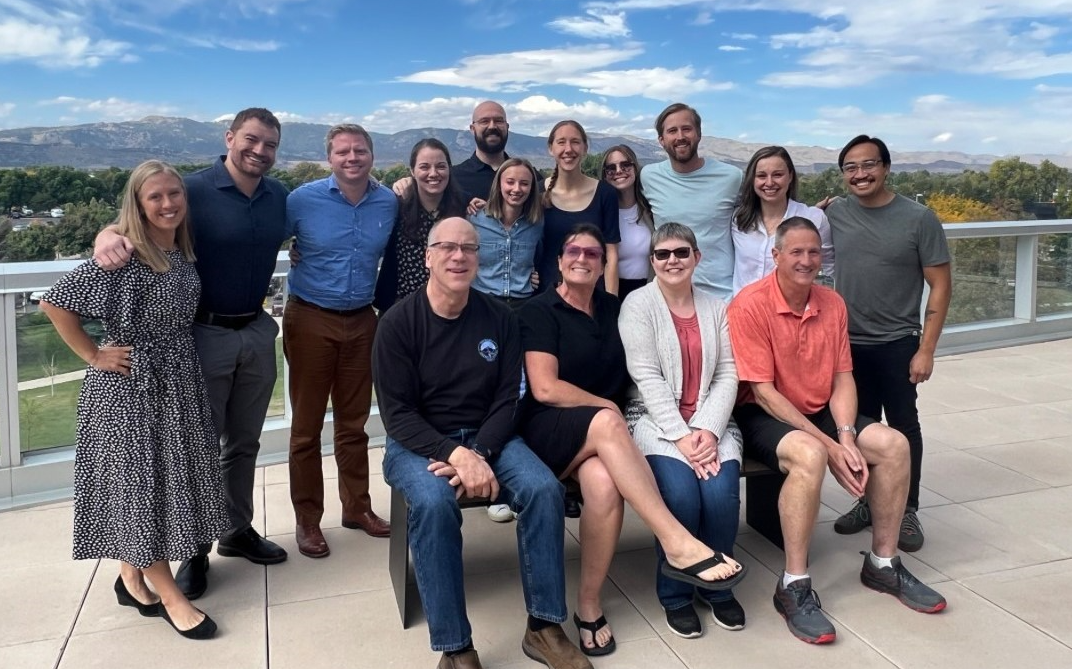
The goal of the Pediatric Hematology-Oncology Fellowship Program is to train fellows in the scientific and clinical aspects of the discipline, preparing them for a career in academic medicine.
Paramount throughout training is the emphasis on excellence of clinical care for children with hematologic or malignant disorders and those requiring bone marrow transplantation. Emphasis is on the development of fellows in the physician-scientist model, for which there are numerous role models among the faculty.
During the fellowship, each fellow is expected to acquire clinical expertise and the procedural skills required for diagnosis and treatment of Hematology-Oncology patients. Of equal importance, each fellow is expected to select a research mentor, and under the guidance of that individual to develop research skills, specifically learning the methods of careful, controlled scientific inquiry. The fellowship is designed as a three-year training program, with a clinical emphasis during the first year and a research emphasis in the latter two years. The fellowship is accredited by the Accreditation Council of Graduate Medical Education.
Meet the Fellows... | Tour Children's Hospital Colorado... |
Life in the Sunshine
A Mile High!
Positioned at the foot of the Rocky Mountains, Denver gets over 300 days of sunshine per year! We’re known for our incredible views and outdoor activities.
Home Away from Home
Ranked No. 1 in the Rocky Mountain Region
Children’s Hospital Colorado is competitively ranked amongst children’s hospitals nationally each year according to U.S. News and World Report.
Center for Cancer & Blood Disorder
Ranked # 7 in Children’s Cancer Hospitals
National leaders in new and advanced treatments for pediatric cancers and blood diseases.
Like many fellowship programs, the first year of your fellowship will focus predominantly on clinical training. This allows fellows to work in earnest on their research projects in their second and third years, with 80% protected time for this work.
The first year of fellowship training is primarily clinical. It consists of twelve 4-week rotations in four different areas (3 rotations in each): Inpatient Oncology, Bone Marrow Transplantation, Inpatient Hematology/Consult Service, and Outpatient Clinic. The year begins with a two-week Orientation to the subspecialty, and there is a two week “Winterlude” in February where fellows receive more in-depth exposure to topics related to our subspecialty such as blood banking, flow cytometry, solid tumor pathology, and hematopathology. Following is a fuller description for each rotation.
During this rotation, fellows:
During this rotation, fellows:
During this rotation, fellows:
Two of the outpatient clinic months are spent in the Hematology clinic and one month is spent in the Neuro-Oncology clinic.
In addition to the above activities, fellows will spend ½ day/week in their Oncology Continuity Clinic where they see their own patients who are on treatment or have completed treatment for oncologic disorders. Fellows will also care for new patients in consultation or patients coming to clinic for a sick visit. Fellows may also choose to follow hematology, neuro-oncology, or BMT/CT patients longitudinally during this time.
Fellows are granted a total of 4 weeks of paid vacation per post graduate year of training. Vacation includes leaves for education purposes. One week consists of 7 calendar daysEvery attempt should be made to distribute vacation time equally among the different clinical services.
The first-year fellows are on call on average one weeknight per week and one weekend per month. Estimated weekend call for 1st year fellows is 12 weekends.
Moonlighting is not permissible before April of the first year. After April 1st, fellows may moonlight provided they stay within duty hour regulations. Generally, that means that they cannot moonlight on Sunday through Thursday nights, since that would impact their ability work the following day.
Second and Third Years
Clinics
Although research is the primary focus of these years, fellows continue to have clinical responsibilities ½ day per week:
Inpatient
Fellows are expected to cover the inpatient clinical service responsibilities for the first-year fellows when they are away on vacation, during the first-year Winterlude, and Orientation. Generally, this is 3-4 weeks of service per year.
Call
Estimated weekend call for second-year fellows is 8 weekends over the course of the year and 7 weekends for third-year fellows. As upper years, fellows will also cover weekday call shifts for first year fellows on vacation.
Moonlighting
Moonlighting on the inpatient hem/onc service and the BMT inpatient service is an available option. Fellows must maintain compliance with duty hour restrictions, accounting for any moonlighting in the calculation of duty hours.
Additional Clinical Training
Pediatric Neuro-Oncology Fellowship
Pediatric Bone Marrow Transplant and Cellular Therapy Fellowship
Experimental Therapeutics Fellowship
Pediatric Hematology Fellowship
Research
Training
We recognize that each fellow has unique academic and research interests, and empowering our fellows in their distinct pursuits is a priority of this program. Comprehensive scholarly training will provide each fellow with the skills they need to generate meaningful scholarly projects both during their fellowship and thereafter. We are fortunate to work alongside internationally recognized leaders in the fields of hematology, oncology, and BMT/CT, offering fellows tailored mentorship in every area in the field, no matter how niche. Our fellows are currently tackling projects in quality improvement, outcomes and disparities research, laboratory science, and translational research.
First year:
During the first year, fellows will begin to explore research opportunities and plan their research project for the final two years of their fellowship. This process begins at the Fall Research Conference, where fellows hear about ongoing research projects within the Section and discuss their research interests with members of the Section and visiting guests. Following the Fall Research Conference, fellows will meet with the program director, the associate program directors, the director of the CCBD research program, and the Section Head to identify research opportunities and potential mentors. Extra time will be provided during Winterlude to explore these options and choose a project. It is expected that a research mentor will be selected by April of the first year. Once a mentor is chosen, the fellow will begin to work with their mentor to develop the background for their project and will form their Scholarship Oversight Committee (SOC). Each fellow will present a brief overview of their proposed project and the members of their SOC at the Spring Research Symposium, usually held in April.
Second year:
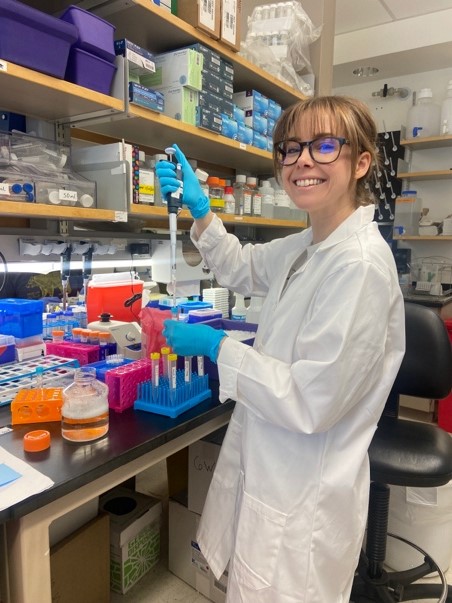
During the second year, fellows begin work in earnest on their research projects, with 80% protected time for clinical or laboratory research. For those pursuing the laboratory research pathway, emphasis is placed on learning appropriate research techniques and experimental design by bench-side instruction, with the option of formal coursework for additional instruction as needed. Fellows may also pursue clinical research, with the option of pursuing a master’s degree in clinical science. All fellows are closely guided in their research projects by their research mentor and their Scholarship Oversight Committee.
Third year:
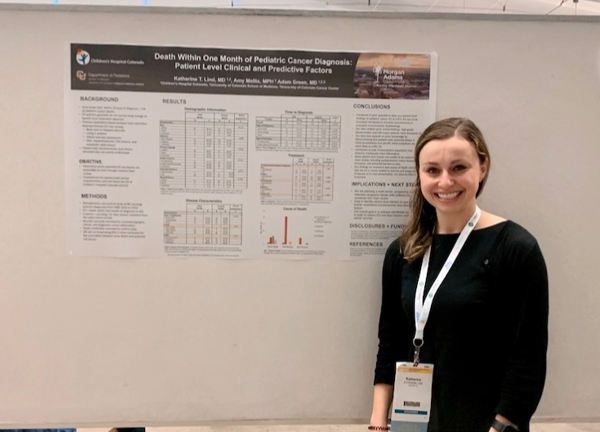
During the third year, fellows will continue work on their research projects to generate a work product (first-author paper, favorably reviewed or accepted grant submission, thesis or dissertation, progress report for a complex project) that will meet the requirements for certification by the ABP upon completion of fellowship. Additional clinical experience will be provided as during Year Two. After successful completion of the training period, the participants will be prepared and eligible for certification in the Pediatric Sub-Board of Hematology-Oncology.
Additional Research Opportunities:
Fellows are expected to present their research at departmental meetings throughout their second and third years to improve project design and guide future directions. This includes our CCBD Fall Research Retreat, Spring Symposium, and CCBD research update meetings. Additionally, we encourage fellows to attend meetings relevant to their interests, presenting if possible. Last year, fellows attended annual meetings for the American Society of Hematology, Children’s Oncology Group, American Society of Pediatric Hematology/Oncology, Transplant and Cellular Therapy, Society for Immunotherapy of Cancer, and the International Symposium of Late Complications of Childhood Cancer. Funding is provided to support fellows to attend these meetings.
Subspecialty Excellence in Educational Leadership & Scholarship (SEELS) Program :
Pediatric Fellowship Educational Series
Advanced Degrees Available at CU:
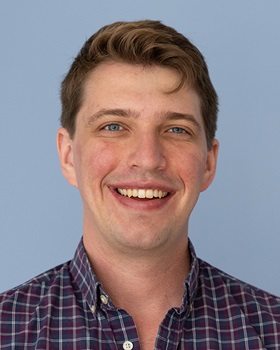
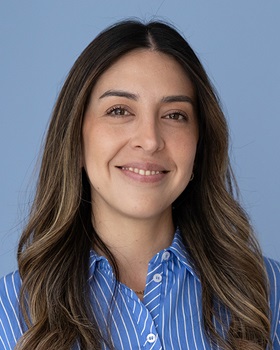
Maria Daniela Godoy Coello, MD
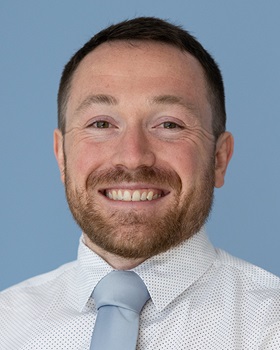
Luke L Proctor, DO
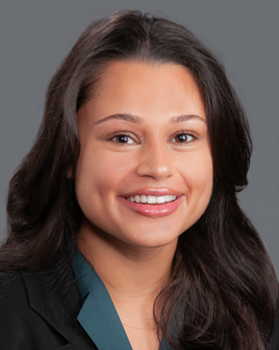
Hanna Lakshmi Ravi, MD
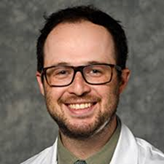
Joshua Broadman, MD, MS
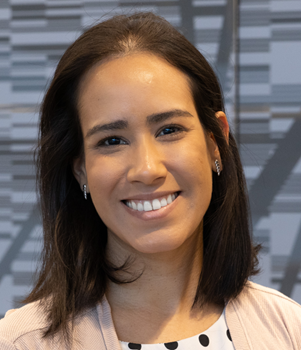
Keishla Marie Gonzalez Sanchez, MD
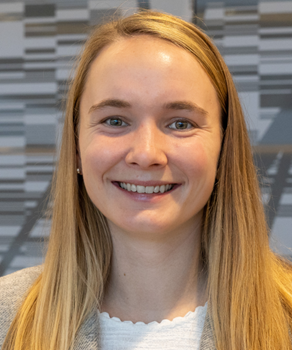
Taylor Grace Jones, MD
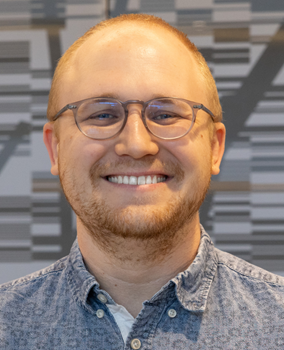
Braden Soren Olsen, MD
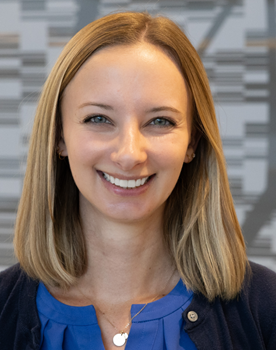
Sydney Ariagno, MD
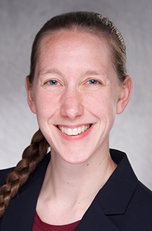
Charlotte Feddersen, MD, PhD
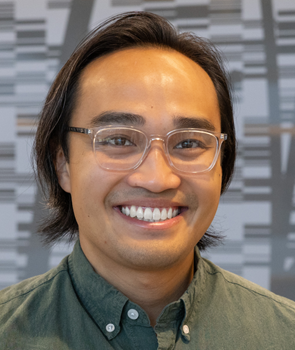
Kenji Tanaka, MD
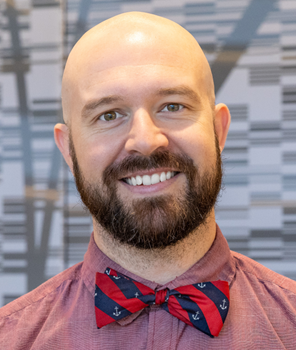
Raymond Walston MD
Our pediatric fellowship will be conducting virtual interviews for this upcoming interview season. We look forward to sharing our programs with you and getting to know more about you. Our planned virtual interview dates are forthcoming.
If you have questions about the online application and interview process feel free to reach out to our program coordinator.
To apply for our fellowship program please visit the Electronic Residency Application System (ERAS).
| Date | Activity |
| Monday, May 31, 2026 | ERAS 2026 season ends at 5 p.m. ET. |
| Wednesday, June 3, 2026 | ERAS 2027 season begins at 9 a.m. ET. |
| Thursday, June 4, 2026 | EFDO will release tokens to fellowship applicants. |
| Wednesday, July 1, 2026 | July cycle fellowship applicants may begin submitting applications to programs at 9 a.m. ET. |
| Wednesday July 15, 2026 | July cycle fellowship programs may begin reviewing applications at 9 a.m. ET. |
| May 31, 2027 | ERAS 2027 season ends at 5 p.m. ET. |
| Dates | Activity |
| Wednesday, August 26, 2026 | Match Opens |
| Wednesday, September 30, 2026 | Ranking Opens |
| Wednesday, October 28, 2026 | Quota Change Deadline |
| Wednesday, November 18, 2026 | Rank Order List Certification Deadline |
| Wednesday, December 2, 2026 | MATCH DAY |
If you require further information about our fellowship program, please contact our fellowship coordinator:
Gentry Greeno
Fellowship Coordinator
Hematology-Oncology
Children's Hospital Colorado
13123 East 16th Avenue, B115
Aurora, Colorado 80045
Tel: 720-777-1002
Email: Gentry.Greeno